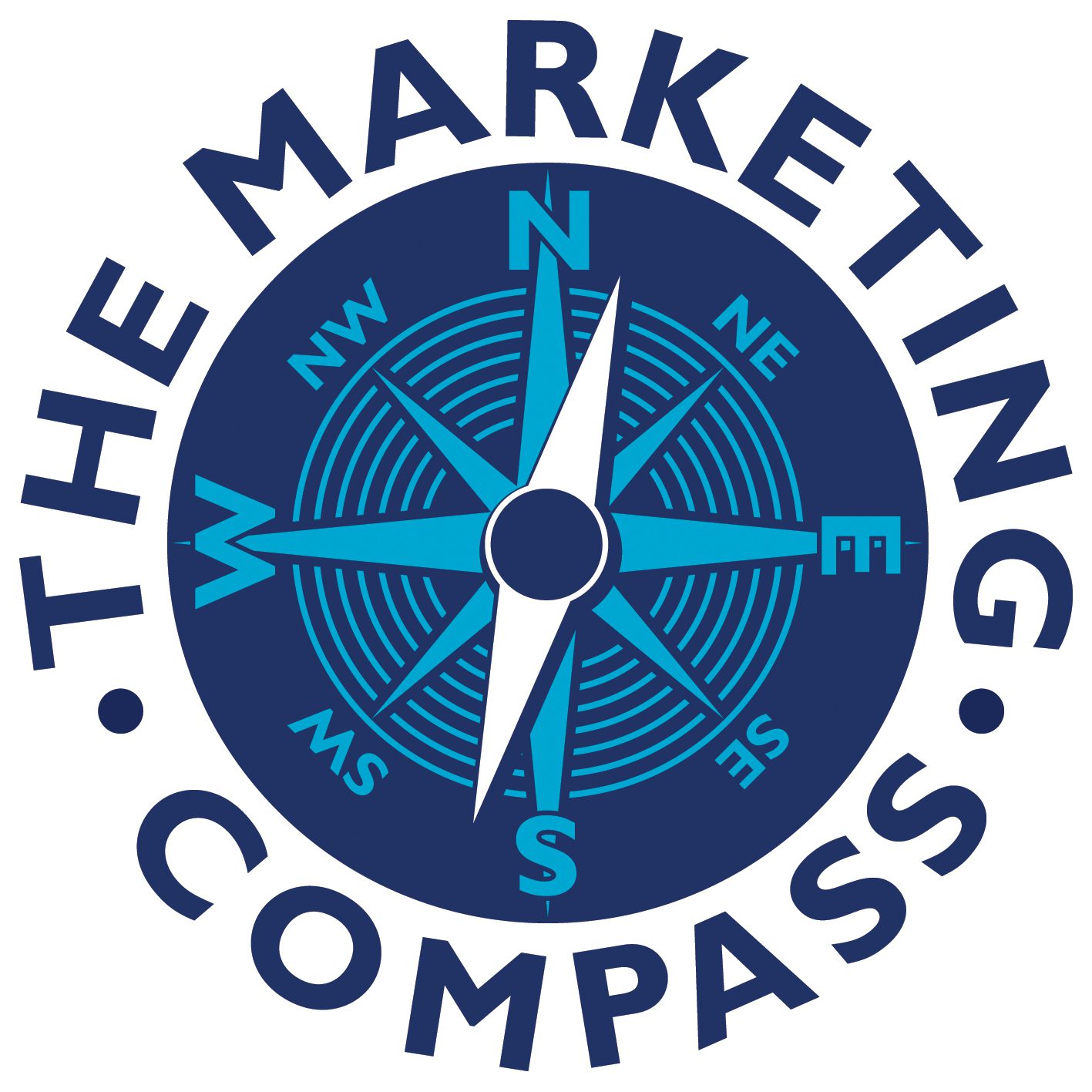Here is some startup marketing advice: Don’t jump straight into frenetic activity – start by creating a concise marketing plan | Focus on customers and their needs | Create marketing processes | If you have a team, involve them in your marketing | Spend more time on marketing | Get some external help.
Here is a 4 step approach:
1. Strategy comes first, in the form of your marketing plan
2. Website comes second, based on your marketing plan thinking
3. Thirdly, you need to get the word out, via an integrated promotional mix
4. Fourthly, you need to be excellent at sales and online conversion


